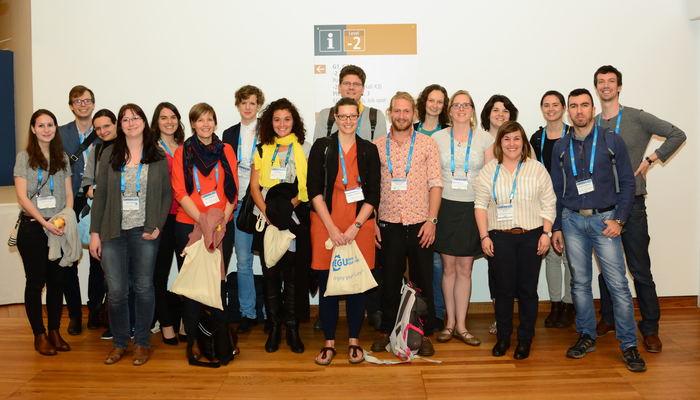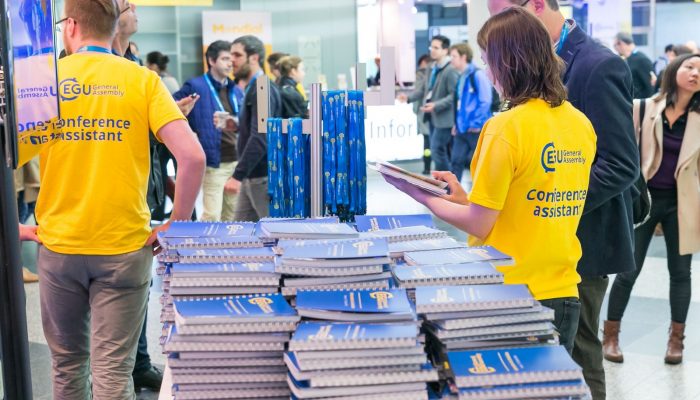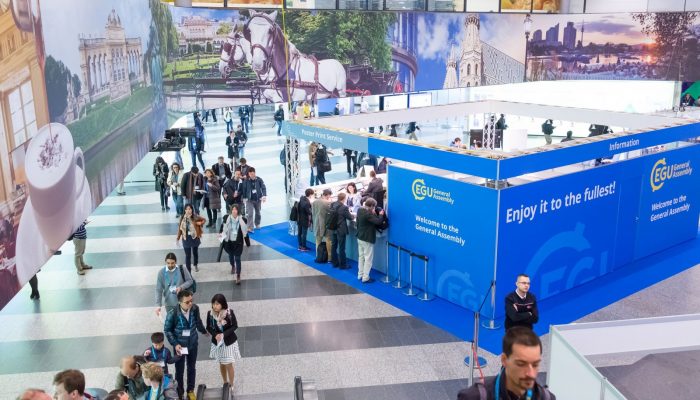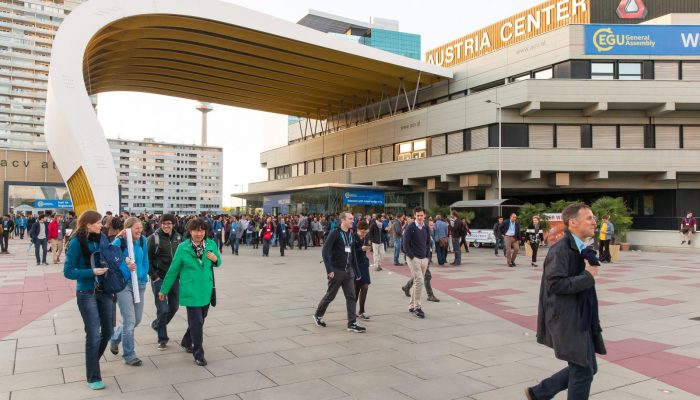Welcome to the 2017 General Assembly! This is the first full day of sessions and there’s a feast of them to choose from. Every day we’ll be sharing some super sessions and events at EGU 2017 here on GeoLog and you can complement this information with EGU Today, the daily newsletter of the General Assembly. Of particular importance today is the Union’s Plenary Meeting (UMI0) at 12:15 in Room E1 – i ...[Read More]
What’s on for early career scientists at the Assembly in 2017

This year, there’s a great line-up of early career scientist (ECS) sessions at the General Assembly. Not only that, but there are opportunities to meet those that represent you in the Union, get to know other ECS in your field, and make the most of both the scientific and social sides of the conference… Networking First up for ECS is the icebreaker event on the Sunday before the meeting, while thi ...[Read More]
Union-wide events at EGU 2017

Wondering what to expect at the General Assembly this year? Here are some of the highlights: Union Symposia (US) For events which will have general appeal, regardless of your field of research, look no further than the Union Symposia. In particular, if you want to stand up for science at a time when (some) politics seems at odds with science, come along to Union Symposia 3, Make Facts Great Again ...[Read More]
EGU 2017 General Assembly programme is now online!

The EGU General Assembly 2017 programme is available here. Take a look and – if you haven’t already – register for the conference by 16 March to make the early registration rates! Last year, we updated the scientific programme of the General Assemby and it includes Union-wide Sessions, such as Special Scientific Events (Medal Lectures, Great Debates and many more) short courses and topical meeting ...[Read More]

